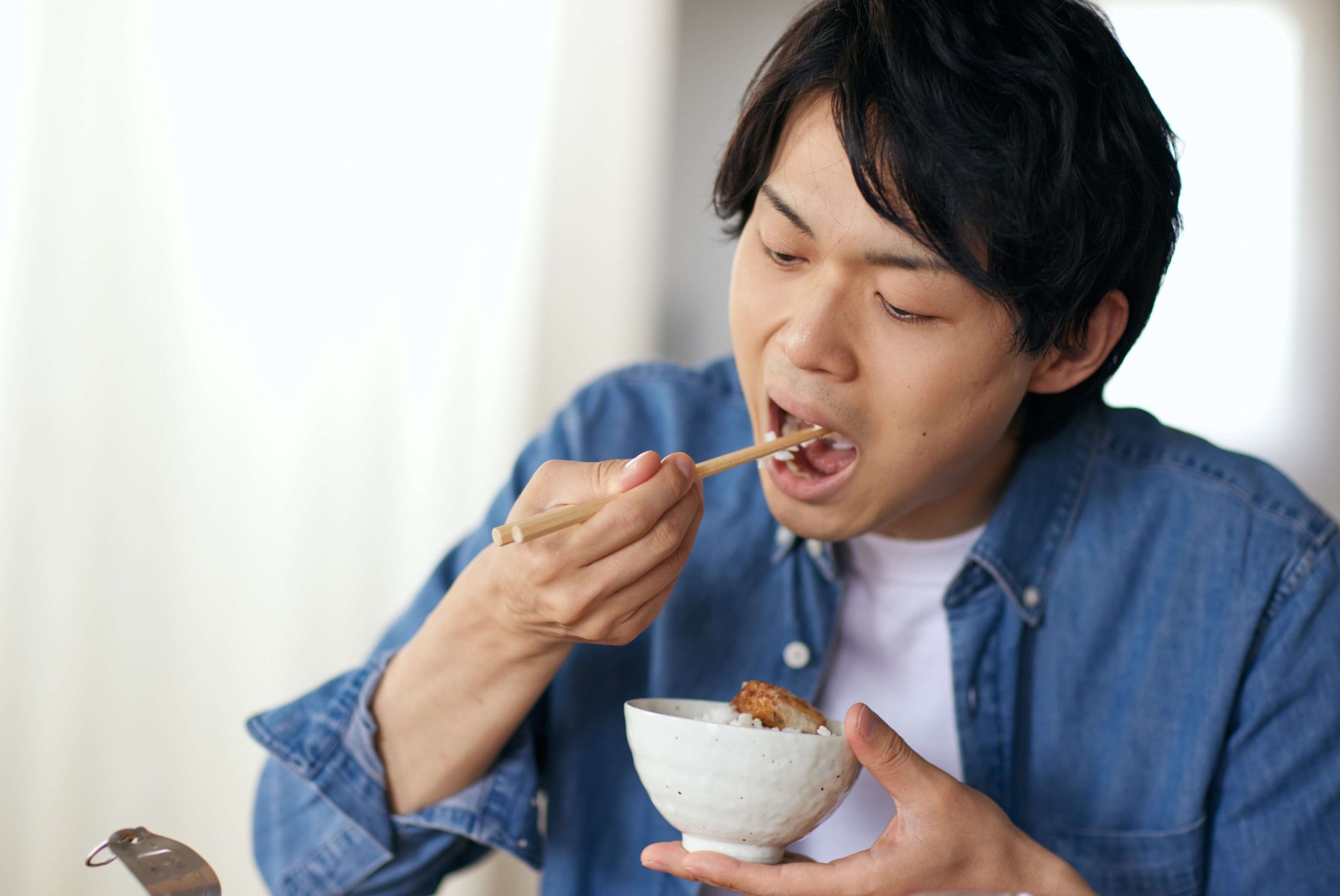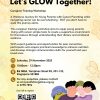For many cancer fighters, treatment-related side effects and changes in taste and smell can make food seem unappealing, transforming mealtimes into a chore. This often leads to a significant loss of appetite, making it difficult to obtain the necessary nourishment.
Maintaining adequate nutrition is an important part of the recovery journey for cancer fighters. Their bodies often need more calories and protein compared to an individual without cancer. When a patient’s nutritional needs are not met, it can lead to malnutrition. This not only makes side effects more difficult to manage but can also delay treatments and lead to longer hospital stays. It is therefore essential for patients to prioritise their nutrition and avoid reducing their food intake.
For many, cancer treatment can make eating a challenge. This article provides helpful advice on how to make food more enjoyable by focusing on “Palatability”, the small details that make a big difference, from taste and texture to appearance, smell and temperature.
Managing changes in taste and appetite can be a major challenge during cancer treatment, but a few simple adjustments can make a big difference. Here are some helpful tips to make eating easier and more enjoyable:
- Change the texture – Soft, blended, or pureed foods are often easier to chew and swallow.
- Choose cooler foods – Room temperature or cold foods are often easier to tolerate than hot meals.
- Avoid nausea trigger foods – If sweet or salty foods cause nausea or discomfort, it’s best to skip them.
- Use sour flavours – Sour food like sugar-free lemon drops, citrus drinks, or vinegar can help boost taste.
- Eat small, frequent meals – Instead of three large meals, try five or six smaller ones throughout the day.
- Use non-metal utensils – If food tastes metallic, try using plastic, porcelain, or wooden cutlery instead.
- Cook in glass cookware – Avoid metal pots if they affect the food’s taste.
- Rinse your mouth before eating – A mix of salt and baking soda in water may help improve how food tastes.
- Maintain good oral hygiene – Brushing and rinsing regularly can help reduce bad tastes in your mouth.
- Cover beverages – If a drink’s smell is overwhelming, use a lid and a straw to reduce strong smells.
Family, friends, and healthcare providers are a vital support system for a patient’s recovery. They can provide help by preparing foods the patient enjoys, offering encouragement, and creating a calm, pleasant environment for meals. Whenever possible, sharing meals together can make a significant difference, turning mealtimes into a positive and comforting experience.
Good nutrition is essential for cancer fighters to stay strong and support their recovery. If a patient is eating less or experiencing significant weight loss, please do not hesitate to speak with a doctor or dietitian to ensure they receive the help that they need.
Navigating meals as a cancer fighter can be challenging. Our team of dietitians is ready to offer the support you need. Contact us to schedule a consultation.
Please refer to the ‘Tips to Eat Well During Cancer Treatment‘ booklet for more information.
References:
Besser, J., Grant, B. L. (2018) Taste and Smell Changes. American Cancer Society. Retrieved from: https://www.cancer.org/treatment/treatments-and-side-effects/physical-side-effects/eating-problems/taste-smell-changes.html






